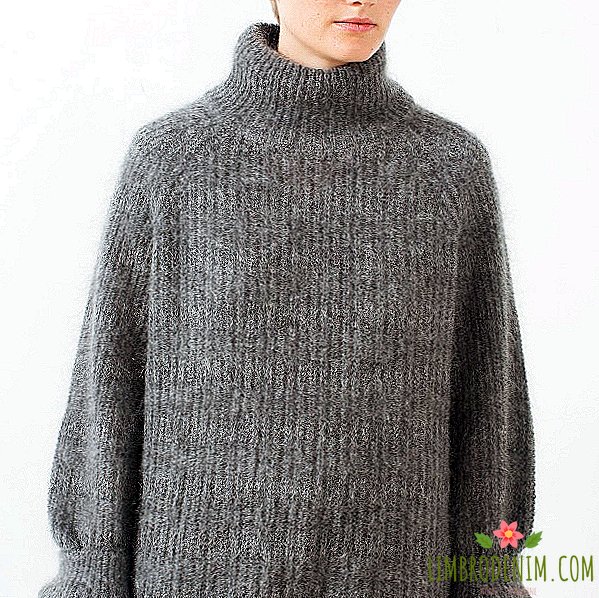Poet, poetess or poet: What do women write poetry like
Text: Natalya Beskhlebnaya
"I don't like enthusiastic girls ... / In the villages you meet them often; / I do not like their fat, pale faces, / Other same - have mercy on God - the poet. / Everyone is admired: with birds singing, / Sunrise, sky and moon ... / Hunters to sweet verses, / And they love to sing and cry ... and in the spring / Slyly go to listen to nightingales. "This manifesto of literary chauvinism was created by Ivan Turgenev in the middle of the nineteenth century but not so much has changed since then.
“You have been waiting and finding something more from our poetess lately than from poets. Some kind of“ Sufragism ”has begun in Russian poetry,” critic Peter Pertsov promisingly began his 1913 article on early Tsvetaeva, but continued: The ladies' terms are rarely successful. Ms. Tsvetaeva's poems fix, fortunately, not every gesture. "

Thanks to the movement of suffragists at the beginning of the 20th century, women really began to assert themselves, particularly in literature, but they had to defend the opportunity to speak as such. The top of respect was in the words "you are not a poetess - you are a real poet." At the Literary Institute, where I studied at a poetry workshop in the early 2000s, this kind of praise was still in use.
Anna Akhmatova, who is called “Russian Safo” in popular articles, wrote an epigram: “Could Diche be able to create, / or Laura to praise the heat of love? / I taught women to say ... / But, God, how to silence them!” Akhmatova, like Tsvetaeva, did not recognize the word "poetess" and wanted to be called exclusively a poet - so it is quite obvious that the poet Anna in her epigram, joking or not, echoes the male choir of mizogin judges.
And women are not so famous sincerely believed in their professional second-rate: "No, I will not be famous, / I will not be crowned with glory, / I - as an archimandrite - / I have no right to it. / Neither Gumilyov nor an evil press / call me talent / I am a little poetess / With a huge bow. " So in 1918 Irina Odoyevtseva, future wife of Georgy Ivanov, wrote about herself. But another poetess of the early 20th century - Nadezhda Lvova: "We celebrate my imminent death. / A egretka flashed on her hat. / You will smile ... Oh, by chance! Believe me, / I am only a poet."

Either you are a real woman with a bow, or a real poet - you have to give up something
Femininity seems to be unable to live in the same body with talent, and either you are a real woman with a bow, or a real poet - you have to give up something. Odoevtseva took the bow even with age, but spent her whole life in the wives of a genius, Lvova committed suicide because of the break in relations with Valery Bryusov with the help of a pistol presented by him.
Most women still want to be called poets instead of poets, doctors instead of doctors, physicists instead of physicists. Let the ironic perception of these words happened just because women were not initially admitted to such professions. It’s not so much that men didn’t tolerate competition: women who did not study in Tsarskoye Selo high schools or abroad, from childhood who took it on faith that their highest purpose - to become a wife or a muse, simply could not be ready for this competition. . The system constantly reproduced itself: a society sincerely convinced that the place of a woman was secondary did not create conditions in which it would be possible to realize the same intellectual capabilities of gender and, accordingly, to believe in them.
They say that the artificial introduction of feminitives does not change society by magic - perhaps, but in my case the magic wand worked. To get used to the word "poetess", used in my address, it took me about five minutes. As soon as I published my decision, the wraith took off like a hand: it no longer causes me any irony or irritation, but it is also perceived harmoniously.
Photo:Wikimedia Commons (1, 2)




